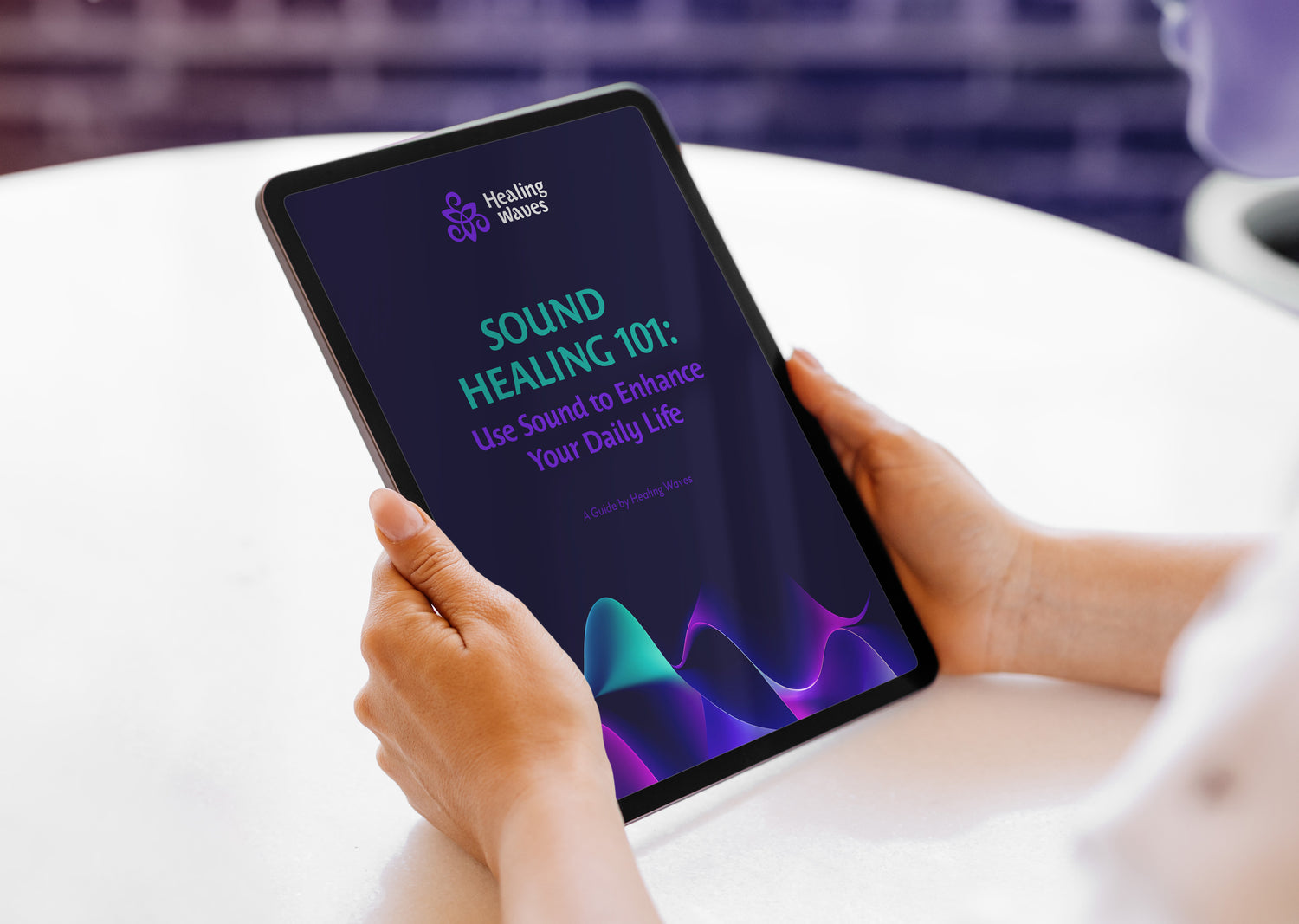What happens to your brain when you practice mindfulness meditation?
We thought it would be helpful to provide one resource that breaks down all of the great benefits of practicing mindfulness in one place. If you’re wondering what you can get out of being mindful, read on to learn about all the great things mindfulness can do for you!
Without being mindful, you may simply react to negative thoughts and feelings. Practicing mindfulness may help you to become more aware of your thoughts and feelings, and manage them in a positive way. Taking control of your thoughts and feelings can help reduce stress and anxiety.
Mindfulness and awareness are a direct result of meditation and bring a number of benefits your way. Meditation improves your mental health by reducing instances of depression, it helps you overcome addictive behaviour, and substance abuse, eating disorders, anxiety, and obsessive-compulsive disorders. Mindfulness meditation develops your power of observation, so you can learn to introspect with an evolved perspective, and witness the workings of the mind. A fitter mind also translates into greater clarity, focus, and smarter decision-making.
Mindfulness Meditations are achieved through practice and bring your attention to the here and now. Mindfulness can greatly improve your well-being, and allow you to lead a purposeful, and contented life.
“The goal of meditation is not to get rid of thoughts or emotions. The goal is to become more aware of your thoughts and emotions and learn how to move through them without getting stuck.”
Dr. P. Goldin
What is the purpose of mindfulness meditation?
Mindfulness is a type of meditation in which you focus on being intensely aware of what you're sensing and feeling in the moment, without interpretation or judgment.
There is more than one way to practice mindfulness, but the goal of any mindfulness technique is to achieve a state of alert, focused relaxation by deliberately paying attention to thoughts and sensations without judgment. This allows the mind to refocus on the present moment.
“The more regularly and the more deeply you meditate, the sooner you will find yourself acting always from a center of peace.”
J. Donald Walters
What happens to your brain when you practice mindfulness?
Research shows that after practicing mindfulness, the grey matter in your brain's amygdala – a region known for its role in stress – can become smaller. An area of the brain known as the hippocampus helps your memory and learning. This area can also become thicker after practicing mindfulness. Once you establish concentration, you observe the flow of inner thoughts, emotions, and bodily sensations without judging them as good or bad. You also notice external sensations such as sounds, sights, and touch that make up your moment-to-moment experience.
Mindfulness Meditation can literally change the structure of your brain, thickening key areas of the cortex that help you control your attention and emotions. In mindfulness meditation, once you establish concentration, you observe the flow of inner thoughts, emotions, and bodily sensations without judging them as good or bad. Pay attention. You also notice external sensations such as sounds, sights, and touch that make up your moment-to-moment experience.
“Meditation is not to escape from society, but to come back to ourselves and see what is going on. Once there is seeing, there must be acting. With mindfulness we know what to do and what not to do to help.”
Thich Nhat Hanh
What are the benefits of mindfulness Meditation?
- Stress reduction is one of the most common reasons people try meditation.
- Mindfulness improves well-being. Being mindful makes it easier to savor the pleasures in life as they occur, helps you become fully engaged in activities, and creates a greater capacity to deal with adverse events.
- Mindfulness improves physical health. Mindfulness can: help relieve stress, treat heart disease, lower blood pressure, reduce chronic pain, , improve sleep, and alleviate gastrointestinal difficulties.
- Focused-attention meditation is like weight lifting for your attention span. It helps increase the strength and endurance of your attention.
- Mindfulness improves mental health. In recent years, psychotherapists have turned to mindfulness meditation as an important element in the treatment of a number of problems, including: depression, substance abuse, eating disorders, couples’ conflicts, anxiety disorders, and obsessive-compulsive disorder.
- Improvements in attention and clarity of thinking may help keep your mind young.
- It can help relax your body, releasing tension and placing you in a peaceful state in which you’re more likely to fall asleep.
- Practitioners of mindful meditation are better able to regulate their emotions, maintain an optimistic outlook, and cope with any stressful situations in a more balanced manner.
“Meditation brings wisdom; lack of meditation leaves ignorance. Know well what leads you forward and what holds you back, and choose the path that leads to wisdom.”
Buddha
All mindfulness techniques are a form of meditation. When we are anchored to the present moment, we become more capable of being able to engage ourselves completely in whatever we are doing at that moment. Mindfulness and awareness meditation practices also make it possible for us to be patient and stay calm. This has a powerful impact on the general state of our mind. With this, we are more liable to achieve efficiency, productivity, and remain goal-oriented.
If you are curious about mindfulness and meditation, commit to a daily practice. Start by committing to a timeframe that you can easily achieve. Read more about 13 Amazing Steps on How to Meditate. So, give it a try and see for yourself.
Thanks for reading, and please be sure to let us know in the comments section if you have experienced any of these benefits in your practice, or benefits not listed here.
Join our Community now, Facebook Community or Instagram Community
P.S- You Can Combine Yoga Equipment, Meditation Music or Meditation Tools to boost and to gain more from your Yoga and meditation practice.


